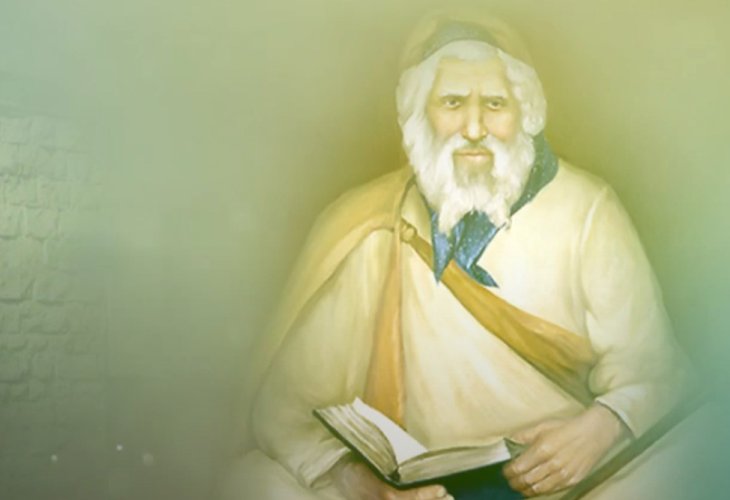Facts in Judaism
The Grandfather of the "Baba Sali": Fascinating Facts About Rabbi Yaakov Abuhatzeira, the "Abir Yaakov"
Discover the remarkable legacy of the Abir Yaakov, a spiritual giant and the grandfather of the Baba Sali

1. Rabbi Yaakov Abuhatzeira, also known as the "Abir Yaakov" was a Kabbalist, halachic authority, author, teacher, and poet. He was the rabbi of Tafilalet, Morocco, the patriarch of the Abuhatzeira family, and the grandfather of the Baba Sali. One of Morocco's greatest rabbis, the Abir Yaakov was considered a miracle worker who merited revelations from Eliyahu.
2. The Abir Yaakov was born in 5566 (1806 CE) in Tafilalet, Morocco, to his father Rabbi Masoud Abuhatzeira. By age 16, he was already well-versed in all aspects of Torah study and was ordained to serve as a rabbi and leader of the local Jewish community. By age 30, the Abir Yaakov fielded questions from rabbis throughout Morocco and was considered a great halachic authority.
3. One of his sons was Rabbi Yitzchak Abuhatzeira, the author of the liturgical poem "A'ufa Eshkona." One of his grandsons was Rabbi Israel Abuhatzeira, the "Baba Sali," who was the son of his son, Rabbi Masoud.
4. The Abir Yaakov authored many important books, including "Yoru Mishpatecha L'Yaakov," "Ma'aglei Tzedek," "Ginzei Hamelech," and "Machsof Halavan."
5. The Abir Yaakov's diligence was impressive, and many stories are told about his impeccable study habits. In the introduction to his book "Machsof Halavan," his son, Rabbi Yitzchak, notes that his father never engaged in idle conversation, never lounged on the edge of the bed when he was awake, and was never overcome by sleep. He ate and drank only minimally and spent most of his days fasting to atone for the Jewish people.
6. In the introduction to his book "Doresh Tov," his son, Rabbi Aharon, notes that his father spent his nights studying 18 chapters of Mishnah by heart, reviewing the Torah and Talmud, and would only sleep for a brief amount of time. He would wake up and recite the midnight prayers (Tikkun Chatzot), study kabbalah until dawn, and then go to the synagogue for morning prayers, where he would sit and study Torah.
7. Rabbi Shlomo Hayon, the Abir Yaakov's distinguished student who was often at his side (in fact, in the words of the Abir Yaakov in his introduction to the "Pituchei Chotam" he writes that Rabbi Shlomo's "hand never left his hand"), notes that the Abir Yaakov "rejected the vanities of this world, and in acts of charity he dispersed and gave to the poor and to Torah scholars."
8. Many people would come to receive a blessing from the Abir Yaakov, including local Muslims in Morocco who respected him and admired his wisdom. The Abir Yaakov leveraged his connections with Muslims for the benefit of Jewish communities. He also attended to the needs of his community, including religious elements and domestic harmony. He would walk from place to place collecting money to distribute to the poor.
9. On his way to Israel, the Abir Yaakov passed through Algeria, Tunisia, Libya, and Egypt. When he reached the city of Damanhur in Egypt, he suddenly fell ill and was forced to remain there. Just one week later, on the 20th of Tevet 5640 (1880 CE), he passed away after reciting the Song of Songs, viduy (confession), and Shema with great concentration. He was buried in Damanhur, Egypt.
10. The "Kochav Yaakov" settlement in the Binyamin region is named after the Abir Yaakov. His grandson, Rabbi David Chai Abuhatzeira, established the "Abir Yaakov" institutions in Nahariya in his honor. Beyond this, there are many other Torah institutions and synagogues named after him.

